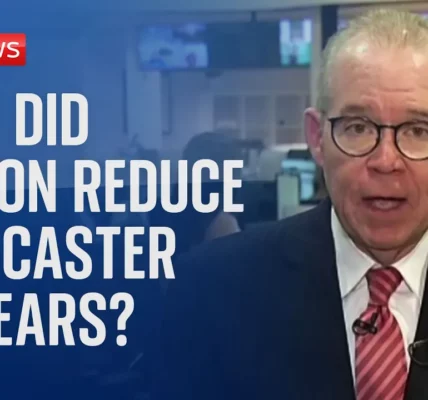G7 Summit: Global Conflicts and the Fight for Women’s Rights

This article explores the recent G7 summit, focusing on the ongoing conflicts in Ukraine and Gaza, while also highlighting the significant issues surrounding women’s rights in Afghanistan, as articulated by prominent activists like Malala Yousafzai.
Introduction
The G7 summit, a gathering of the world’s leading industrialized nations, has once again brought to the forefront the pressing global issues, particularly the ongoing conflicts in Ukraine and Gaza. As leaders meet amidst domestic challenges, their ability to unify and respond to international crises remains a critical concern. This article delves into the outcomes of the summit, the implications for Ukraine, and highlights the urgent crisis of women’s rights in Afghanistan, underscoring the voices of activists like Malala Yousafzai.
The G7 Summit: A Crucial Meeting Amidst Global Turmoil
The G7 summit serves as a platform for leaders to address significant global challenges. This year, the summit took place against the backdrop of continued conflict in Ukraine and Gaza, where leaders discussed potential solutions and support measures.
Support for Ukraine
One of the pivotal outcomes of the summit was the agreement to send $50 billion in aid to Ukraine, funded through frozen Russian assets. This substantial package aims to bolster Ukraine’s defense capabilities amidst ongoing Russian aggression.
- Strengthening Ukraine’s military capabilities.
- Ensuring long-term support and stability in the region.
- Sending a clear message to Russia about the unity of Western nations.
Domestic Challenges Facing G7 Leaders
Despite the significant commitments made, many G7 leaders are grappling with domestic pressures, which may impact their ability to sustain long-term support. Polls indicate that several leaders are considered “lame ducks,” facing declining popularity and potential political upheaval.
- Rishi Sunak (UK) facing economic challenges.
- Joe Biden (US) under immense political pressure.
- Justin Trudeau (Canada) experiencing declining public support.
- Emmanuel Macron (France) and Olaf Scholz (Germany) also facing electoral setbacks.
The Crisis in Afghanistan: A Fight for Women’s Rights
As the G7 leaders focus on international conflicts, the situation in Afghanistan remains dire, particularly for women and girls who have been systematically oppressed under Taliban rule. Malala Yousafzai, a prominent advocate for girls’ education, highlights the plight of Afghan women, emphasizing the urgent need for global attention and action.
Malala Yousafzai’s Advocacy
Malala’s activism underscores the critical human rights violations occurring in Afghanistan, where girls are banned from attending school and women are barred from participating in public life.
- Gender apartheid being recognized as a crime against humanity.
- The psychological impact on Afghan girls and women due to these restrictions.
- Calls for international leaders to hold the Taliban accountable for their actions.
The Global Response
Despite the international community’s awareness, there remains a significant gap in action. Malala urges world leaders to prioritize the situation in Afghanistan and take a firm stance against the Taliban’s oppressive policies.
- Advocacy for international recognition of gender apartheid.
- Pressure on Muslim nations to condemn Taliban actions.
- Support for Afghan women’s rights groups and activists.
Conclusion
The G7 summit has once again highlighted the complexities of global governance in the face of persistent conflicts and domestic challenges. As leaders navigate these turbulent waters, the fight for women’s rights, particularly in Afghanistan, must not be overshadowed. The voices of activists like Malala Yousafzai remind us of the urgent need for action and solidarity. It is crucial for individuals and governments alike to advocate for change and hold those in power accountable. For those inspired to support this cause, consider reaching out to organizations dedicated to women’s rights and education, and amplify the message that Afghan girls deserve access to education and freedom.
“`




